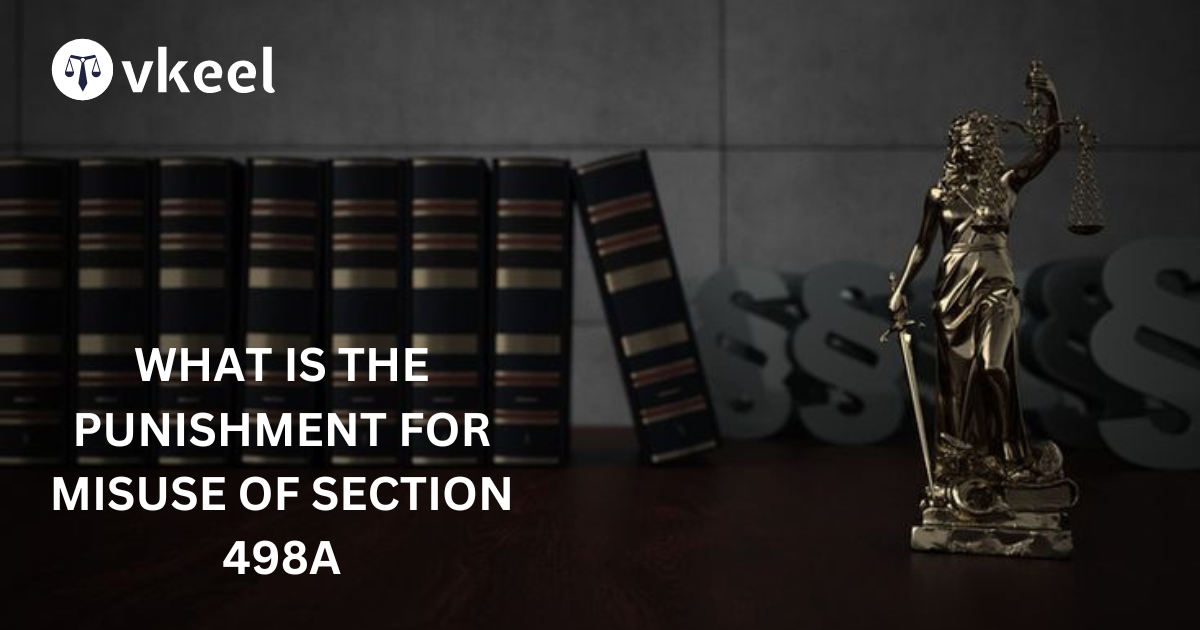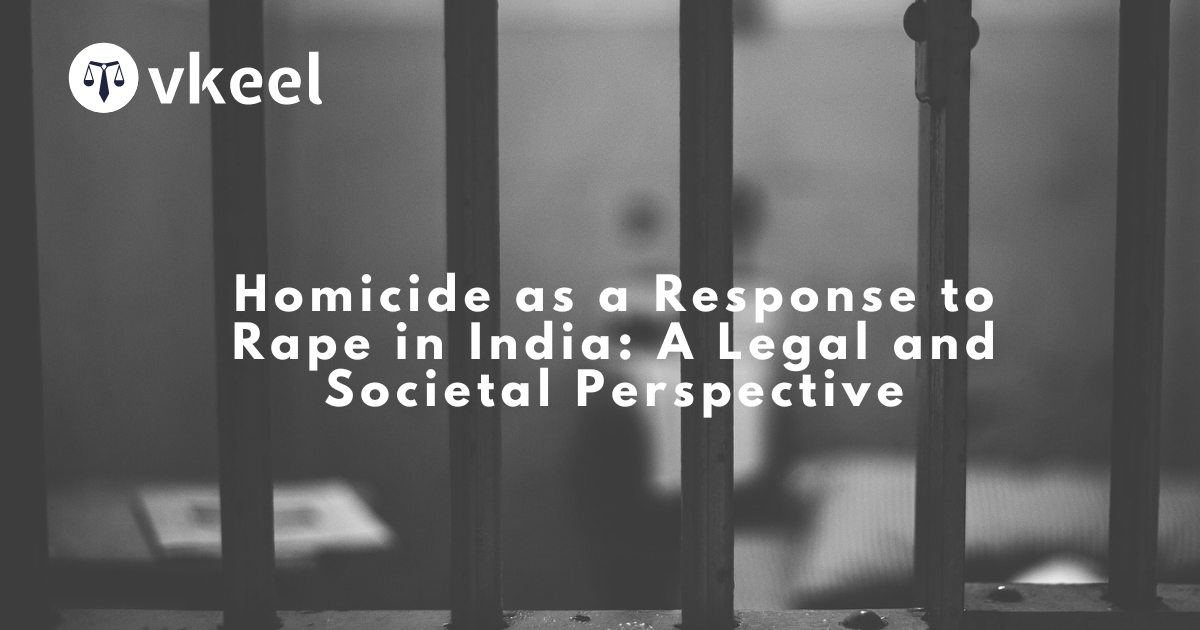What is the Punishment for Misuse of Section 498 A?
By Joy Puri
Table of Contents
Introduction
Cruelty has been perceived within marriages, in the case of India unfortunately as longstanding issue, However, its understanding and recognition have evolved over time in the society. Talking about the historical times, the Indian society, deeply rooted with patriarchal norms, often turned a blind eye to marital cruelty, considering it to be a private matter or even justifiable within the system of maintaining family honour or upholding traditional gender roles in the tyrannical society, which was without any single doubt, a burden over the poor victims.
Although, with the advancement of social awareness, legal provisions, and women’s empowerment movements, the perspectives and treatment of marital cruelty have undergone significant changes.
Turning the pages to the historical society, in many Indian households, particularly in rural areas or conservative communities, cruelty with regards to wives was common. Women were constrained by societal expectations and economic dependence by the society, often suffered in silence giving birth to the mental trauma, fearing stigma or reprisal if they spoke out against their husbands or sought help. Their eyes narrated the tales of fear back then.
What is cruelty?
The Indian Penal Code,1860 reads the section 498A as “Whoever, being the husband or the relative of the husband of a woman, subjects such woman to cruelty shall be punished”.
Mental cruelty can include and attract 498A as it amounts to a wide range of behaviours, including verbal abuse, regular harassment, humiliation, threats to life or liberty. It’s crucial to remember that each case is judged based on its own merits and circumstances, and what constitutes mental cruelty may vary from case to case and may vary by the perspectives of the judges.
Justice M. Hidayatullah enumerated that “mental cruelty in matrimonial matters is a wide-spread moral phenomenon and has been regarded as a ground for divorce.”
Justice Dipak Misra ordained that “the expression ‘mental cruelty’ has to be judged by the social status, educational level of the parties, the society they move in, and the country to which they belong.”
Justice V.R. Krishna Iyer outlined that mental cruelty is a concept that cannot be defined with exactitude and varies from every case setting. He opined that “no uniform standard can ever be laid down for guidance, yet we deem it appropriate to enumerate some instances of human behaviour which may be relevant in dealing with the cases of ‘mental cruelty.”
Punishment for 498A?
498A of the Indian Penal Code stipulates that Whoever, being the husband or the relative of the husband of a woman, subjects such woman to cruelty shall be punished with imprisonment for a term which may extend to three years and shall also be liable to fine.”
Landmark cases
Shweta v. State of Haryana (2015) 6 SCC 534
In this landmark case, the Supreme Court of India recognized the significance of mental cruelty as a ground for seeking relief under Section 498A of the Indian Penal Code. The court deciphered that mental cruelty should be of such a severe nature that it becomes impossible for the victim to continue living with the spouse.
Samar Ghosh v. Jaya Ghosh (2007) 4 SCC 511
This highlighted case by the Supreme Court of India provided a comprehensive understanding of what amounts to mental cruelty in matrimonial disputes. The court ordained various factors that could be considered while determining mental cruelty, including abusive behaviour, false accusations of adultery or impotency, denial of financial support, and social isolation.
Vijaykumar Ramchandra Bhate v. Neela Vijaykumar Bhate (2003) 6 SCC 334
In the aforementioned case, the Supreme Court highlighted the importance of considering the cultural and social background of the parties while assessing allegations of mental cruelty mentioned in the case. The court observed that what may be considered cruel behaviour in one cultural context may not be perceived as such in another which varies from case to case.
Conclusion
Lessening the cruelty in marriage is a complex but crucial thing which requires deliberate efforts from both partners. One of the principle pillars of mitigating cruelty is establishing open communication within the society.
Creating an environment where both individuals feel comfortable expressing their thoughts, emotions, and concerns without fear of judgment or reprisal builds understanding and empathy within the marriage. This open dialogue allows couples to address issues as they arise, preventing them from entering into arguments which potentially lead to climbing into acts of cruelty.
Disclaimer:
The information provided in the article is for general informational purposes only, and is not intended to constitute legal advice or to be relied upon as a substitute for legal advice. Furthermore, any information contained in the article is not guaranteed to be current, complete or accurate. If you require legal advice or representation, you should contact an attorney or law firm directly. We are not responsible for any damages resulting from any reliance on the content of this website.







